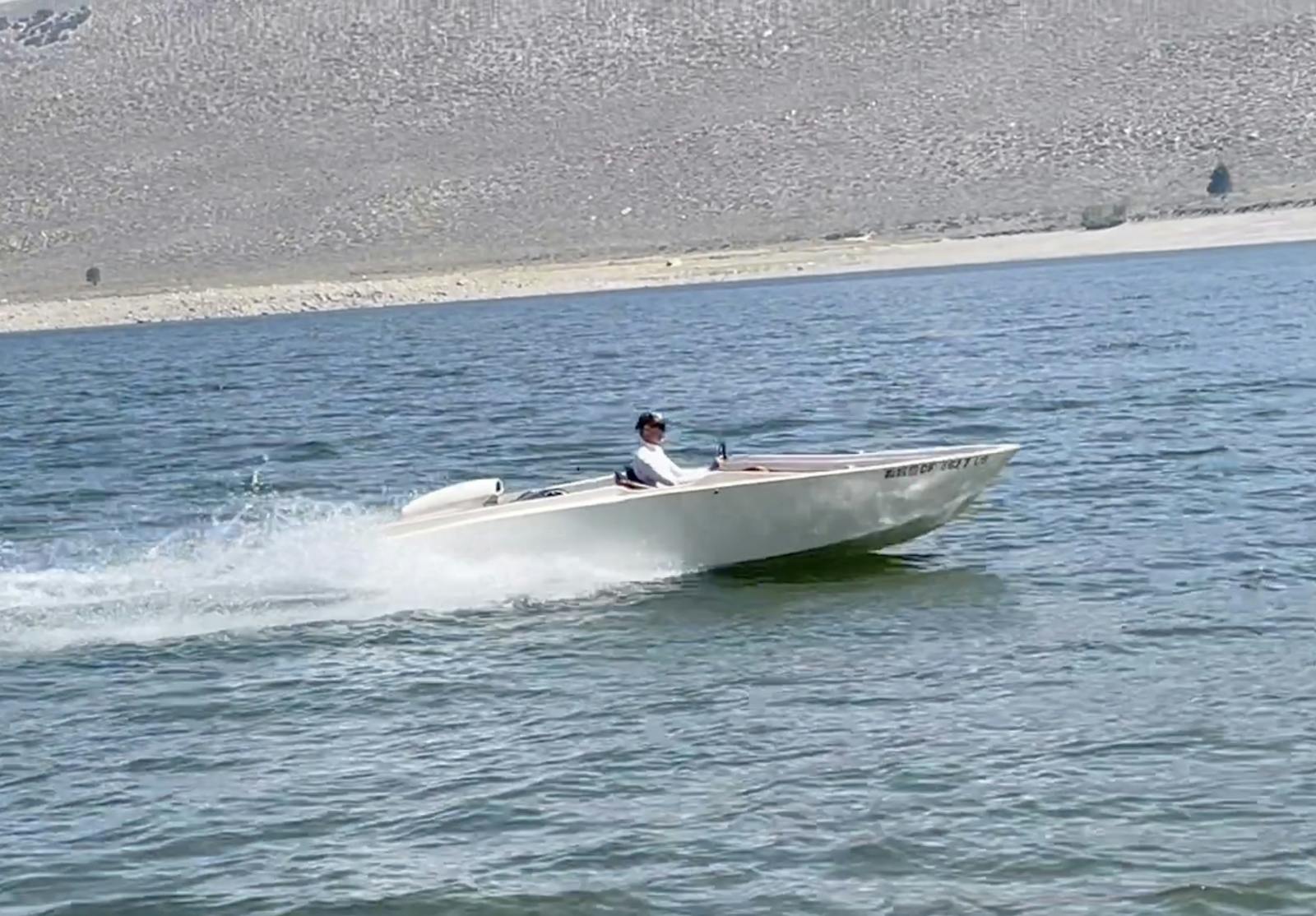Losses and Lessons: What to do when you have to file a claim
Accidents happen. That’s why we work to ensure that our clients’ prized vessels are properly covered should disaster strike.
While our Losses and Lessons column is typically devoted to addressing a specific type of loss and how to avoid it, we thought we would devote this one to the claims process itself. After all, most of you have never had to file a claim with our company, and while we hope you never experience an accident, we want to be open about the process and let you know what to expect.
Before you call us, there are a few steps you need to take, not only to help with the claims process, but also to secure your property from further damage and help ensure that your liability exposure is minimized.
- If there is any risk that your boat may take on water, make sure you make arrangements to have additional pumps available and that your pumps are in good working order.
- If you are unable to obtain shore power, make sure your batteries are not in danger of running out.
- Once any immediate danger has subsided, report any injuries or property damage to the proper authorities. While prompt reporting of your claim is essential, the protection of life and property is paramount. Once you call Hagerty to report the accident, our claims staff will likely want to confirm that these steps have been taken.
As your insurer, we have a duty to thoroughly investigate every claim presented to us. With that said, our claims experts stress that they are always looking for ways to pay a claim. Therefore, expect them to ask plenty of questions about your boat and its history. If a sinking has occurred, they’ll want to know if the boat has been raised – and if so, by whom – and if the authorities have been contacted. These statements help us determine the best course of action to ensure that your boat is protected and that no further damage occurs. For example, we may need to contact your marina or salvage company to determine if any pollution cleanup or salvage payments need to be made.
If damage appears minor, we will request an estimate for repairs. It is very important that all repair estimates be submitted to Hagerty before repairs are undertaken, as claims will not be paid if we cannot verify that the repairs being done are necessary and correct. Once the estimate has been reviewed and approved, a check will be cut to cover the cost of repairs (minus any applicable deductible). For larger claims, a surveyor will be assigned by Hagerty to investigate the loss and determine exactly what occurred. This surveyor may perform an engine teardown or other forensic tests to determine the exact cause of loss. For potential liability losses, the surveyor will also take photos to help determine fault.
If your boat is determined to be a total loss, meaning the cost to repair the boat exceeds its value, you will be presented with two options. You can turn over the boat to Hagerty and receive payment for the policy’s full Agreed Value, or you can keep whatever is left of the vessel and receive payment less the salvage value. If you choose to keep your boat, our Hagerty claims team will work with industry professionals to determine the salvage value. Because our mission is to keep as many classics floating as possible, we work to keep salvage values as low as is reasonable and prudent.
Because Hagerty handles the vast majority of claims in house, our knowledgeable claims staff will be able to work directly with you to settle your claim as quickly as possible. However, please be aware that marine claims typically take longer to be resolved than auto claims. During the summer months, when most accidents occur, most boat shops have a full workload. So it often takes several weeks for a local shop to find the time to analyze damage and begin the repair process.
Our claims team put together a list of tips that will not only help you prevent a loss, but can help with the claims process in the event of an accident:
- If your boat is kept in the water, check the bilge pumps and batteries, and run the boat periodically. Boats left for an extended period of time without maintenance may be considered neglected.
- Stuffing boxes should be checked annually. Stuffing boxes are relatively easy to maintain, and proper maintenance can prevent a catastrophic loss.
- If you keep your boat on a marina-set mooring, do your due diligence. Even professional marinas make mistakes, and it is not uncommon for a marina’s mooring field to be improperly spaced.
- Pay attention to our policy’s exclusions. While we always strive to provide coverage, we cannot pay for a loss caused by perils such as neglect, corrosion or mechanical breakdown.
- Many wood boats take on water during soak-up, but can you tell if your boat was taking on more than normal? Learn to recognize how much water your boat typically takes on during these periods.
- Make sure your ownership paperwork is easy accessible. Many claim payments have been delayed due to lost or misplaced titles.
- Always lock and secure your boat, even though it may not dissuade a determined thief. Theft claims may be denied if there is no evidence of forcible entry. It’s better to lose a $10 padlock than have a claim denied because proper care wasn’t taken in securing your property.
Accidents are never fun, but at Hagerty we want to do everything possible to ensure that you receive swift and fair payment for your covered losses. For more information, including Claims Department hours and contact information, visit http://www.hagerty.com/Insurance/Classic-Boat-Insurance/Marine-Claims.


